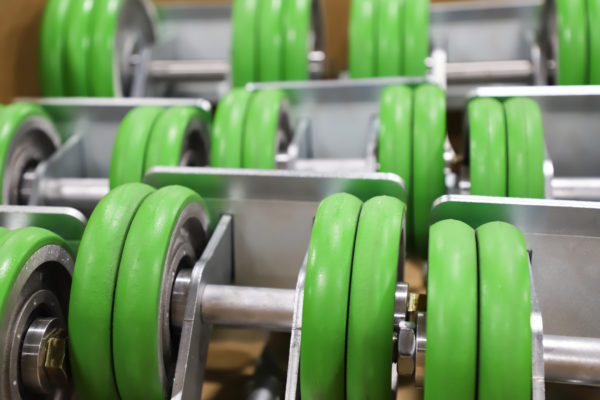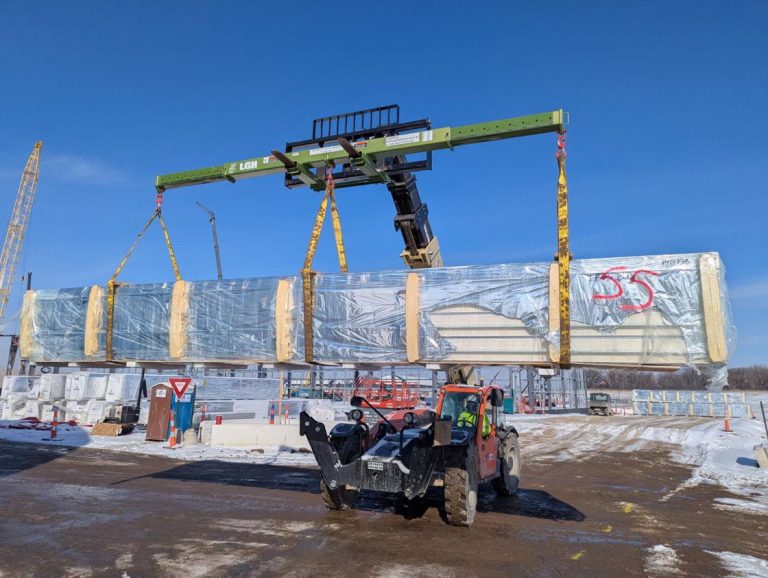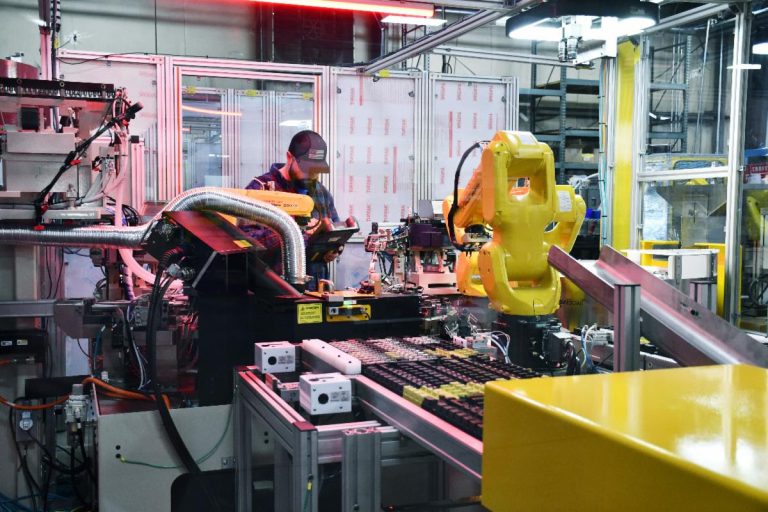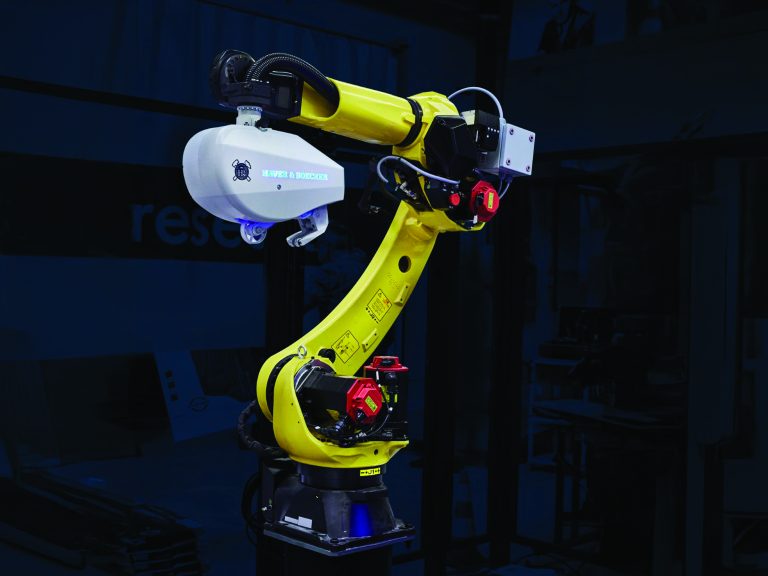Caster Concepts Inc., an industrial manufacturer of casters, wheels, and tread developed TWERGO XTREME to help companies faced with workforce challenges move more with less.
Caster Concepts engineers have released a variety of casters that improve the use of manual dollies, especially those used to transport heavy EV batteries at automotive plants. These ergonomically designed casters like the new TWERGO XTREME, allow manufacturers to keep pace with demand and improve efficiency.
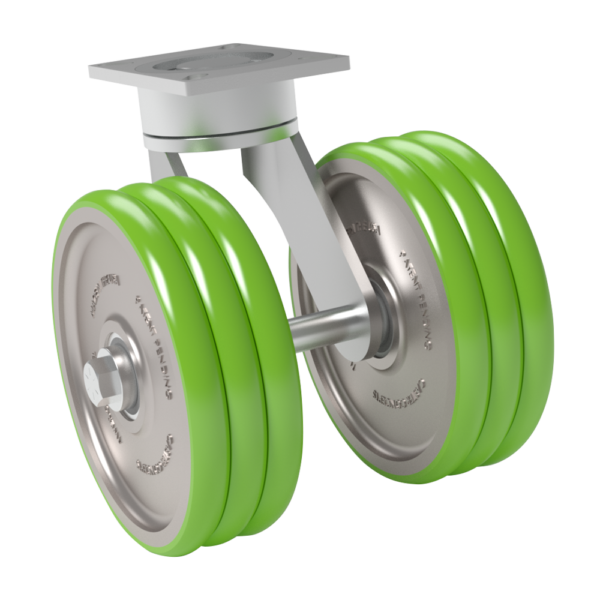 TWERGO® XTREME gives smaller manufacturing teams the ability to move loads of up to 3,000 pounds while staying below the 50-pound start push force safety limits established by OSHA. Xtreme improves the efficiency of EV dollies by reducing the push force to 44 pounds and allows operators to move more batteries per dolly. Manufacturers can save upwards of $4 million by reducing their fleet of dollies and simply using TWERGO XTREME or TWERGO.
TWERGO® XTREME gives smaller manufacturing teams the ability to move loads of up to 3,000 pounds while staying below the 50-pound start push force safety limits established by OSHA. Xtreme improves the efficiency of EV dollies by reducing the push force to 44 pounds and allows operators to move more batteries per dolly. Manufacturers can save upwards of $4 million by reducing their fleet of dollies and simply using TWERGO XTREME or TWERGO.
“We recognize the workforce challenges in the industry, and to a certain extent, we feel it in our own business,” said Caster Concepts President Bill Dobbins. “By rethinking how products are designed and employing the latest technology to develop material handling systems, we’re helping manufacturers work more efficiently.”
The workforce challenges felt in the manufacturing industry stem from the impact of the COVID-19 pandemic. Millions of furloughed workers didn’t return to their jobs once plants reopened. Many left the industry entirely, stalling production and forcing manufacturers to hire inexperienced workers.
The National Association of Manufacturers foresees that “2.1 million manufacturing jobs could go unfilled by 2030.” These vacancies could cost the industry upwards of $1 trillion.
“Years ago, we focused on designing products to meet the highest ergonomic standards in the industry,” Dobbins said. “That move improved manufacturing efficiency and reduced injuries. Now we’re taking our engineering efforts further, employing technology so companies can continue to produce at a high level with smaller teams of employees. Our industry demands the change, and we’re staying in tune with its needs.”

